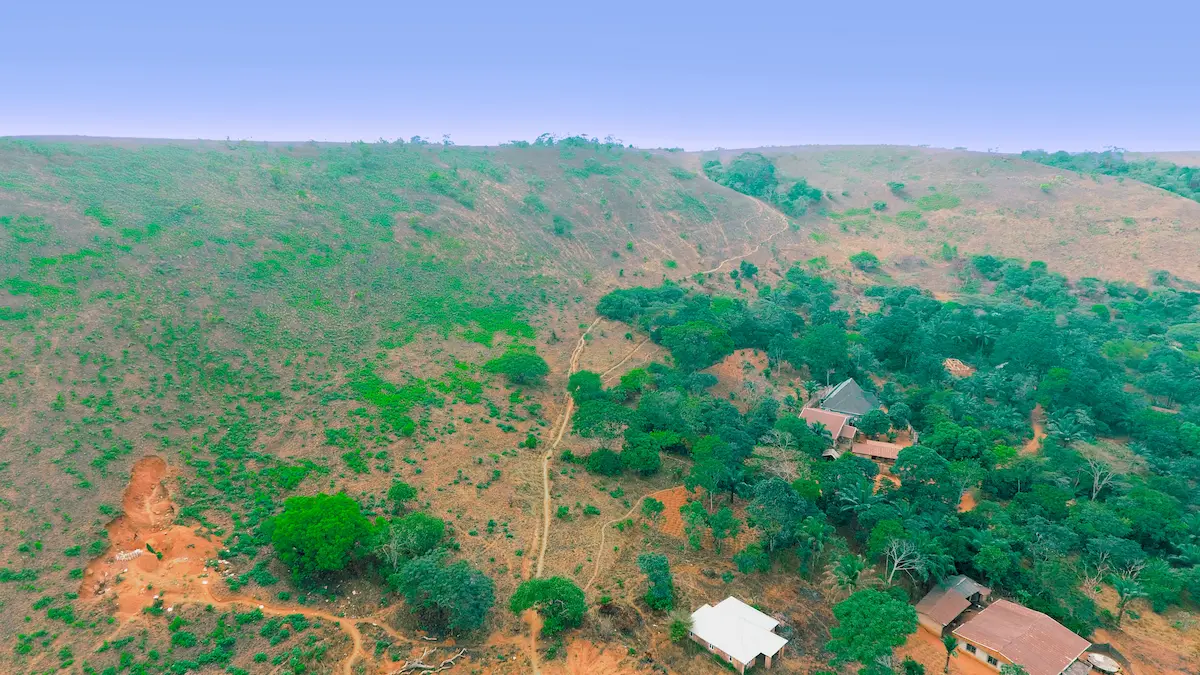Our History
History
/
Our History
Historical Evolution of
Igbo-Etiti Local Government

Igbo-Etiti Local Government has undergone several administrative changes over the years. Initially established under the Ordinance Act of 1950, it was later restructured by the 1958 Act, which abolished the three-tier system and transferred functions to the County Council.
After the Nigerian Civil War (1967–1970), the government abolished County Councils, leading to the formation of Divisional Administrative Units. In 1976, Igbo-Etiti was officially recognized as a Local Government Area, with Ogbede as its headquarters.

HRH Igwe Emmanuel Ugwu Arua. Ocho Udo 1 Of Agu Ukehe (Chairman, Ukehe Traditional Rulers Council)
Geography, Economy,
and Cultural Identity
Igbo-Etiti shares borders with Nsukka, Udi, Enugu East, Isi-Uzo, and Uzo-Uwani LGAs. Covering 325 square kilometers, the area has an average temperature of 27°C and a high annual rainfall of 1900mm, supporting its primary occupation—farming.
The region is rich in untapped mineral resources, including hematite for iron smelting. Other notable industries include cattle rearing, palm produce, and traditional weaving.


The people of Igbo-Etiti, predominantly Igbo, take pride in their deep-rooted traditions, strong sense of community, and entrepreneurial spirit. Traditional leadership structures, cultural celebrations like the New Yam Festival, and a commitment to education and progress define their way of life. Known for resilience and business acumen, they continue to blend heritage with innovation, shaping a future that honors their past while embracing modern opportunities.
Technological and
Economic Contributions
The region is a historical center for iron smelting, with early evidence of metalworking in Aku, Ekwegbe, Onyohor, and Ozalla. This technological advantage contributed to economic, ritual, and political power in the past. Igbo-Etiti is also known for its traditional knowledge of biological warfare and prophecy, with figures like Odo Achi in Aku reputed to have predicted the Nigerian Civil War.


Igbo-Etiti has a rich history of advanced iron smelting, dating back centuries. Archaeological findings indicate that communities like Aku, Ekwegbe, Onyohor, and Ozalla were centers of early ironworks, producing tools for farming, hunting, and trade. This metallurgical expertise contributed to regional commerce and showcased the ingenuity of the people, leaving a lasting legacy of craftsmanship and innovation.

